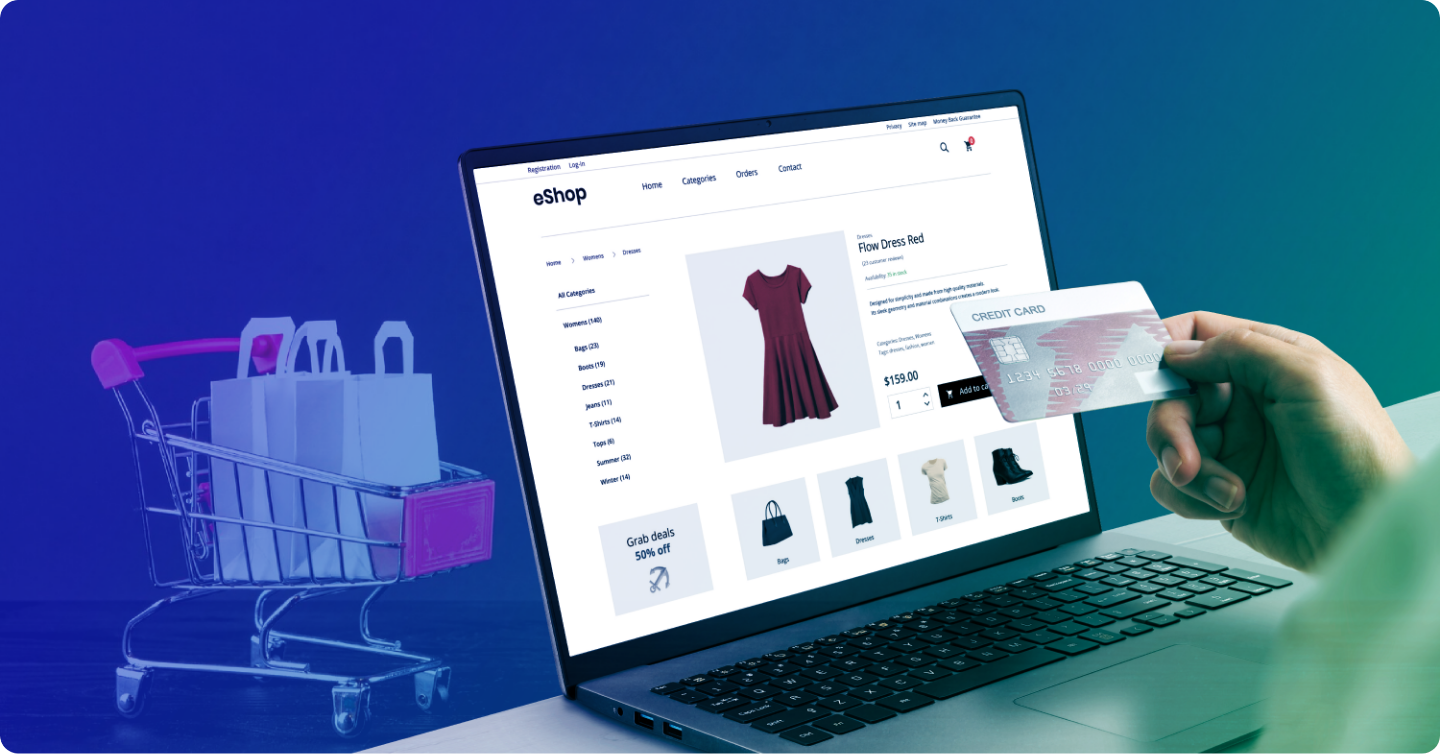White label is a marketing term for products or services that are offered by one company (A) but marketed under the name of another company (B).So, in the eCommerce case, company A customizes the eCommerce platform – a product of company B from the bottom up, changes its logo, label, and identity, and uses it (personal or commercial) as its own.Businesses can utilize the benefits offered by white-label eCommerce platforms to build their own brand.Agencies speed up their eCommerce development with a white-label eCommerce solution. They can customize the platform and sell or service it under another brand name.
eCommerce platform customization includes both backend and frontend customization: everything from design to feature development.
How does white-label eCommerce work?
White-label eCommerce platforms can be based on a subscription model –
IaaS,
PaaS, or
SaaS (Store.icu), or on a one-time fee.Store.icu is a white label eCommerce solution for developers and agencies. Its source code is available to fully customize the platform and use it commercially.
Advantages of white-label e-commerce model:
- Faster deployment
- Branding options
- Having core eCommerce infrastructure
- Full customization
- Less spending on development;
Why Choose a White Label Solution?
Faster deployment
White label solutions allow businesses to quickly deploy their services or products without the need for extensive development or customization. This can save time and resources, enabling companies to bring their offerings to market faster.
Branding options
White label solutions provide flexibility in branding, allowing companies to customize the product or service with their own branding and logo. This allows businesses to present a unique and professional image to their customers.
Core eCommerce infrastructure
By using a white label solution, companies can focus on their core business activities and leave the development and maintenance of the product or service to the provider. This allows businesses to allocate their resources more effectively and improve overall efficiency.
Cost-effective
White label solutions are often more cost-effective than building a product or service from scratch. This is because the development costs are shared among multiple businesses, reducing the cost per business.
What is white label marketplace?
A white label marketplace refers to a platform that allows other companies to rebrand and resell its services as their own, often with the ability to customize certain elements such as the branding and pricing. The original provider retains control over the underlying technology and infrastructure but allows the reseller to create their own unique customer-facing experience.A white label eCommerce platform, on the other hand, is a pre-built eCommerce solution that can be rebranded and customized by a company and used to power their own online store. The company retains full control over their store, including the branding, product offerings, and customer data.
Who are white-label eCommerce platforms for?
The white-label eCommerce model entails creating solutions that can be tweaked by developers or tech-savvy people and service or sold to retailers.A white-label eCommerce platform is ideal for many business profiles. Few businesses can afford to design their own solutions from the ground up. Using ready-made software as a core infrastructure allows developers, web development agencies, and online sellers to customize the software – eCommerce platform or build their own brand based on current technology while saving money and time spent on development.In practice, the white-label approach works well for businesses across different verticals and industries.
Who should use a white-label eCommerce platform?
Some of the common businesses that can definitely opt for white-label eCommerce solutions are:
- Developers
- Web development agencies
- Online sellers
DevelopersDevelopers can customize the white-label eCommerce platform and re-sell it to the contracting company. The developers can customize and resell the same system to several firms while increasing their velocity.
Web Development AgenciesAs eCommerce developers, web development agencies can buy/subscribe, depending on the license and pricing model, rebrand the white-label platform, and serve their clients efficiently.
Online sellers & entrepreneurs Online sellers and tech-savvy entrepreneurs can customize the white-label eCommerce product with their own brand, logo, and identity, allowing customers to associate the product with the reseller.Examples of white-label eCommerce platforms: Store.icu, Bigcommerce, etc.If you are looking to:
- have a fully customizable eCommerce store,
- own an eCommerce platform to sell to your clients,
- or, build your eCommerce platform to start a business,
A white-label eCommerce platform is a way to go.



